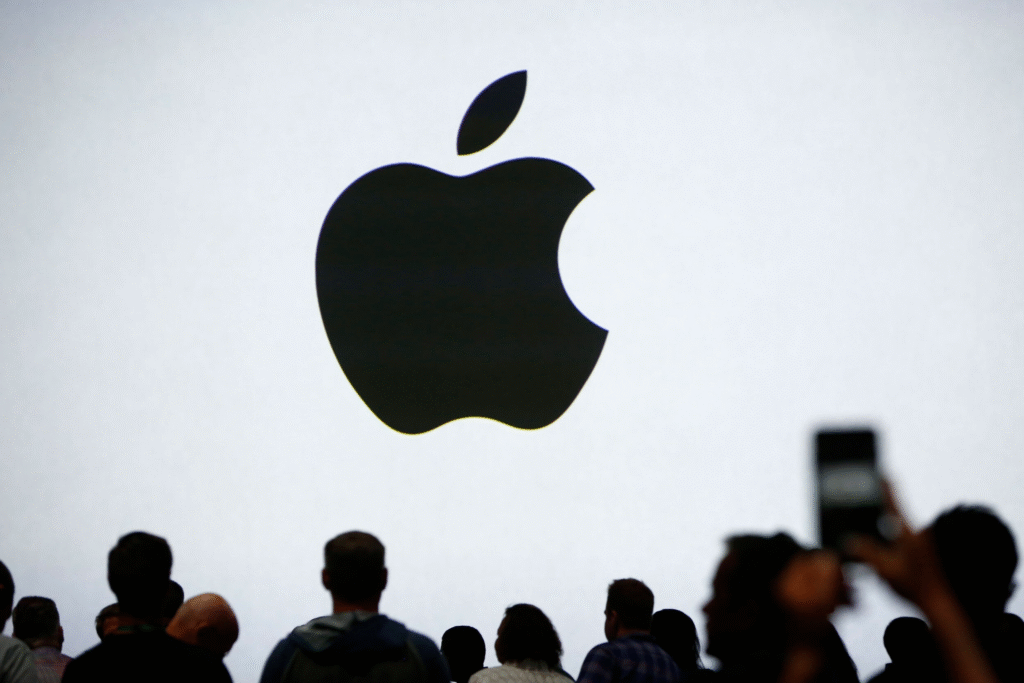The Authority for Consumers and Markets (ACM), the Dutch antitrust regulator, made the statement on Friday, March 25, that it would postpone making an additional ruling on the prices that Apple charges dating app providers to use the APP Store. The step comes after a ruling in June in a case in which the court ruled that Apple had been penalizing other developers who failed to coordinate with it since it had monopolized the market.

Waiting for EU‑level talks to conclude
The ACM’s announcement makes clear that it intends to monitor the outcome of ongoing discussions between Apple and the European Commission before taking further action. Both sides are negotiating under the Digital Markets Act, which classifies Apple as a “gatekeeper” and requires it to open up its App Store payment systems. The regulator prefers a harmonized EU solution rather than separate national measures.
Background of the Dutch case
In 2022, the ACM fined Apple fifty‑eight million euros for failing to comply with its order to allow alternative payment methods for dating apps. Developers were forced to maintain separate app versions and still pay a commission, which regulators deemed insufficient. A Dutch court upheld the ACM’s ruling in June, reaffirming that Apple’s prior policy unfairly burdened dating app creators.
Apple’s recent fee adjustments
In response to regulatory pressure, Apple has signaled changes to its commission structure. A report by Reuters indicates that the standard 30 percent cut will drop to around 20 percent for many developers, with small developers perhaps paying as low as 13 percent. Those who steer users to external payment options may incur additional fees of 5 to 15 percent. Apple plans to implement these adjustments later this year.
Implications for developers across Europe
The proposed fee model by Apple might lead to a transparent understanding of App Store costs and policies at the developer level, should the European Commission approve the same. The makers of the dating apps might finally achieve better savings that might encourage them to consider adopting some other payment flows. Conversely, in case Brussels considers that the concessions made by Apple are still not sufficient, then ACM would be well placed to overturn the decision made by the European Commission and issue new national sanctions.

What comes next
The European Commission is due to complete its review/decision in a few weeks. It will then be determined by the ACM whether it will continue with its national enforcement or it will align its actions with the final terms of the EU. The game developers, as well as their consumers, are eye-witnessing the results that will give the economic climate of the App Store in subsequent years.
The Dutch regulator hopes to achieve a harmonized framework by waiting until the EU steps forward in order to hold Apple accountable, but also prevent fragmented regulations that would leave a developer bamboozled and disoriented to the consumers.





